Learn how proper nutrition can power your swim sessions, improve stamina, and help you stay motivated—designed specifically for beginner swimmers.
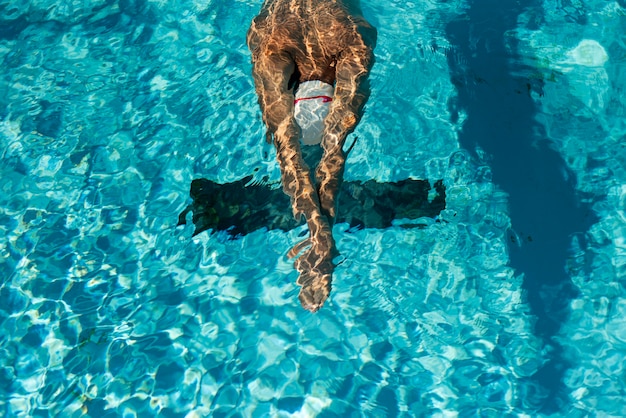
Swimming is a full-body workout that demands both strength and endurance. Unlike land-based sports, water resistance increases energy expenditure, meaning your body burns more calories even during moderate sessions. For beginner swimmers, building stamina can feel challenging—but the right nutrition can make a significant difference.
Proper fueling supports muscle recovery, maintains energy levels, and enhances focus during training. Without adequate nutrition, even the most consistent swimmer may hit a plateau in performance or feel fatigued early in the session.
To sustain long swim sessions and recover effectively, focus on these essential nutrients:
Your body’s primary energy source. Complex carbs like oats, brown rice, and sweet potatoes provide sustained energy. Aim to include them in meals 2–3 hours before swimming.
Essential for muscle repair and growth. Include lean sources like chicken, eggs, tofu, or Greek yogurt after workouts to support recovery.
Support hormone function and long-term energy. Avocados, nuts, seeds, and olive oil are excellent choices—just avoid heavy fats right before swimming.
Even mild dehydration can impair performance. Drink water consistently throughout the day. Add electrolytes during longer sessions or in hot environments.
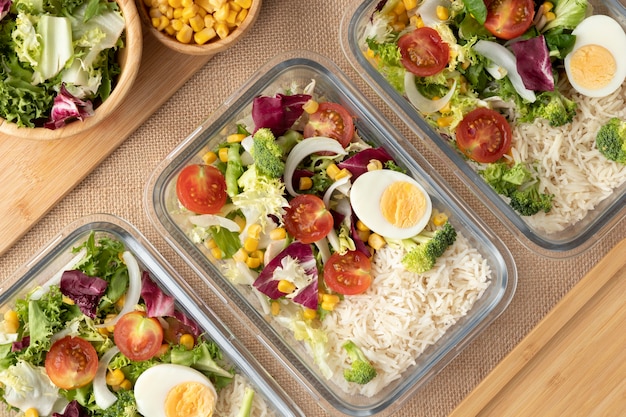
Tracking your nutrition helps identify patterns and improvements. Here are simple methods:
Consistency matters more than perfection. Small, tracked improvements lead to long-term success.
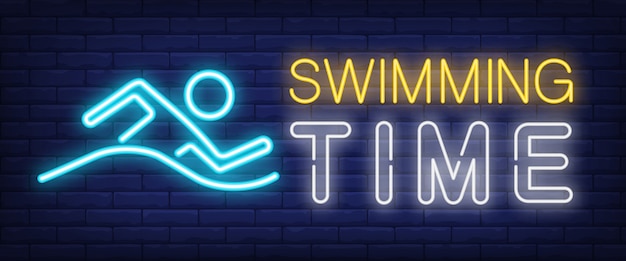
Staying motivated is key—especially when progress feels slow. Use these cues to stay inspired:
Even with good intentions, beginners often make these nutrition missteps:
Nutrition is a powerful tool that complements your swim training. As a beginner, focusing on balanced meals, hydration, and consistent habits will set the foundation for improved endurance and long-term success. Start small, track your progress, and stay motivated—your body will respond.

Fitness
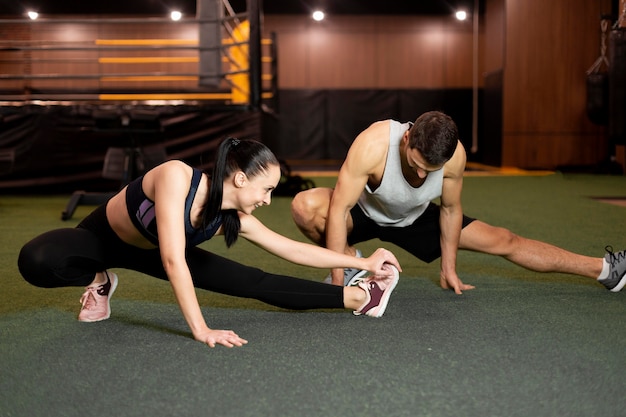
Fitness
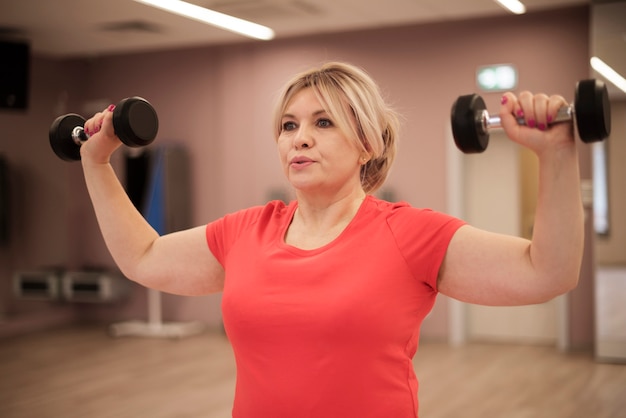
Fitness

Fitness

Fitness
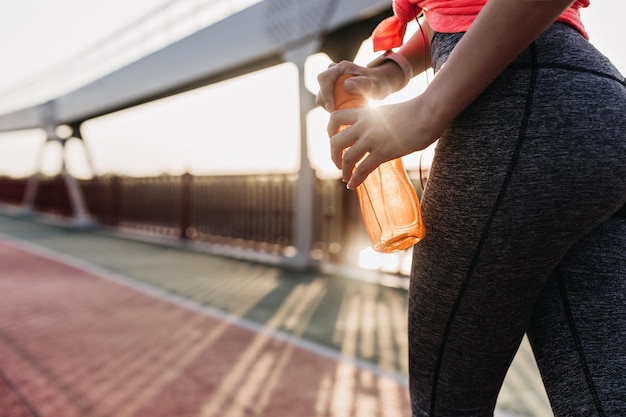
Fitness
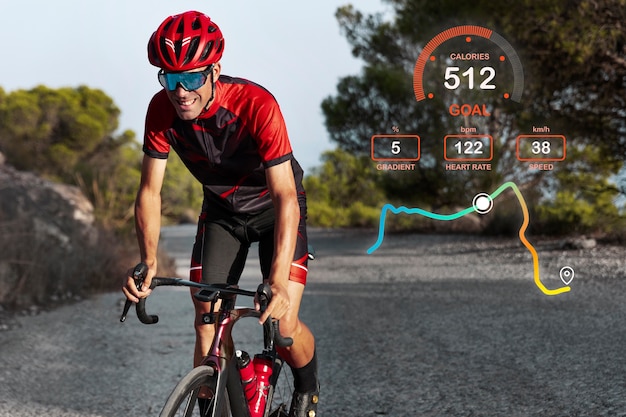
Fitness
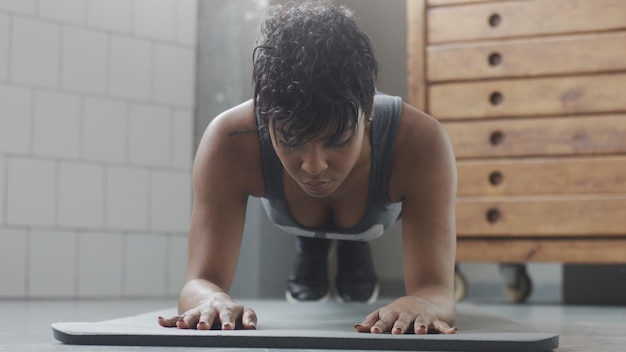
Fitness
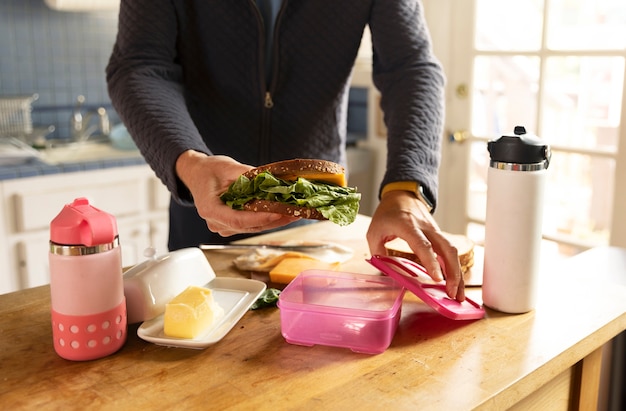
Wellness
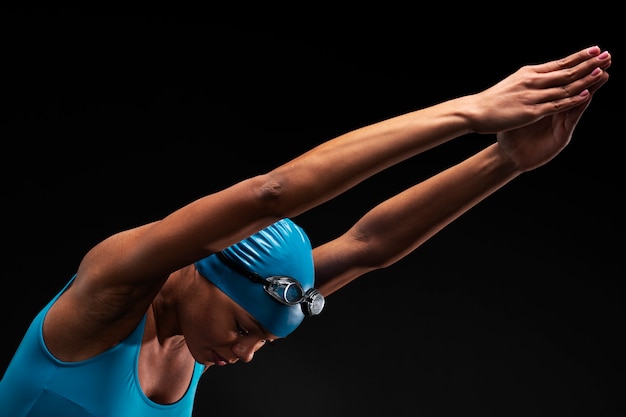
Fitness
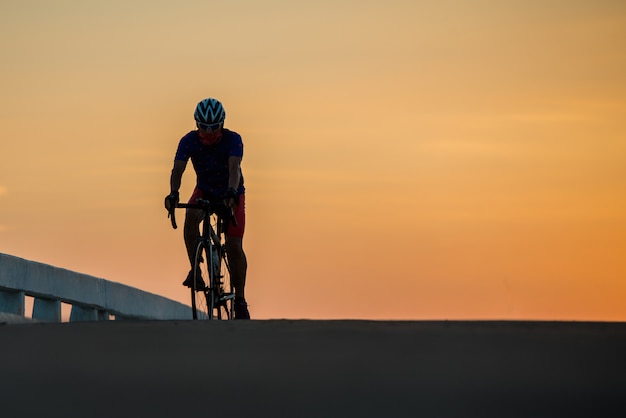
Fitness
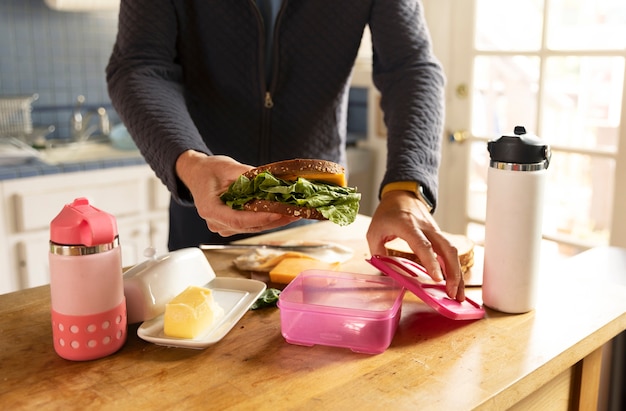
Wellness

Health

Fitness

Health

Health